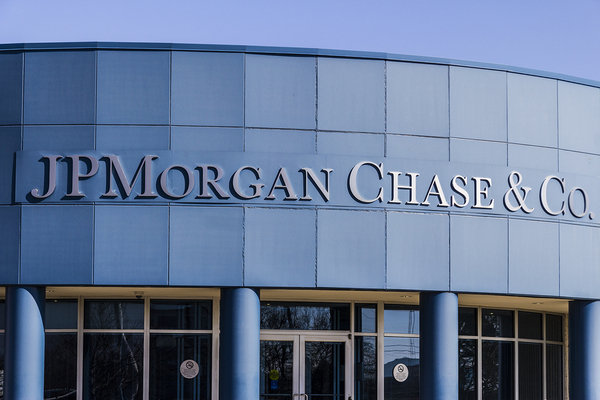View Sale Announcement Detail


Archived news
EXCERPT: All of the country's biggest banks have passed the Federal Reserve's stress test, which is good news not only for the banks but also for the shareholders and investors who hold stake in these financial institutions.
 All of the biggest banks in the U.S. have passed the Fed's stress test for the first time since the assessment was first implemented seven years ago.
All of the biggest banks in the U.S. have passed the Fed's stress test for the first time since the assessment was first implemented seven years ago.
Following the Great Recession of 2008, U.S. banks have made significant gains, thanks largely to the stringent regulations that emerged. Regulations made it necessary for financial institutions to retain more capital and to implement tactics to defend against possible future stresses in the economy.
Banks like Bank of America, Wells Fargo, Citigroup, and JPMorgan Chase were all given permission to buy back stock and pay dividends after the Fed determined that they are capable of withstanding a significant financial event while continuing to provide their services to clients.
Banks Pass Stress Test Based on Two Predominant Variables
A bank stress test is conducted under troublesome financial situations that assess if banks have adequate capital to combat any negative effects of an ominous economic environment.
According to the Fed, all big U.S. banks passed the test, which in this year's case included a plummet in housing prices, a 10 percent unemployment rate, and a serious economic recession in Europe.
Regulators assessed two components as part of the stress test this year: whether financial institutions have ample capital to withstand a potential financial crisis, and, whether they were fully capable of pinpointing and calculating risk in all facets of their business.
Banks who fail on either variable are required to come up with a new plan before paying their shareholders.
Passing the test was made a little easier for some banks that hold no more than $250 billion in assets. Banks that fall under this category would not be assessed on how they are able to anticipate certain risks before plans to buy back shares and provide dividends, making it easier to pass the stress test.
A similar easing of the test is being considered for the country's larger banks.
 After seven years since the Federal Reserve first implemented stress tests, all of the biggest banks across the country have passed.
After seven years since the Federal Reserve first implemented stress tests, all of the biggest banks across the country have passed.
The country's 34 biggest banks have $1.2 trillion in capital, up $750 billion since 2009, making passing the test somewhat easier in this capacity.
Passing the stress test may have come easier for the banks given the seven years they've had to get it right. Since the Fed implemented the test, banks have had some time to work on how to pass.
Non-Bank Lenders Not Subject to Fed Stress Tests
While the biggest banks in the country are subject to the Fed's stress test, they don't include non-bank lenders, which have been taking over a much larger position in the lending realm since the Great Recession.
Over the recent past, there have been talks about starting to test these firms to identify how well they would be able to stand up against an economic crisis. However, nothing more has come of these discussions. The Federal Housing Finance Agency, which manages Fannie Mae and Freddie Mac, has offered to assess non-bank firms that work with these two financing entities.
Discussions about this topic have arisen out of concern that there may be a significant lapse in assessment of the financial industry as the number of non-bank lenders continues to increase.
Investors Benefiting From Passing Grades of Banks
Now that the banks have received passing marks on this year's stress test, how the banks will distribute their capital among shareholders remains to be seen.
Banks can now pay out the first generous dividends since the financial crisis nearly a decade ago, a welcoming fact for shareholders who have been dealing with mediocre returns for years. Banks can now pay their shareholders up to 100 percent of profits, an increase from 65 percent in 2016, a scenario that investors have been waiting for.
Now is the Time For Banks to Optimize Their Loan Portfolios
As banks continue to strengthen their position and increase their capital holdings, they may be able to benefit from an increase in share prices. Banks would be well-advised to take measures to optimize their loan portfolios to ensure they are made up predominantly of solid assets.
To do that, the sell off of risky assets in favor of more profitable short-term assets would be recommended. As such, partnering up with the right entities to ensure successful loan sales and acquisitions is suggested. At Garnet Capital, we have plenty of experience connecting banks with the appropriate partners to ensure these transactions are profitable ones.
Browse our white papers to get up-to-date information on the happenings in the world of banking and the services Garnet Capital provides our valued clients.

